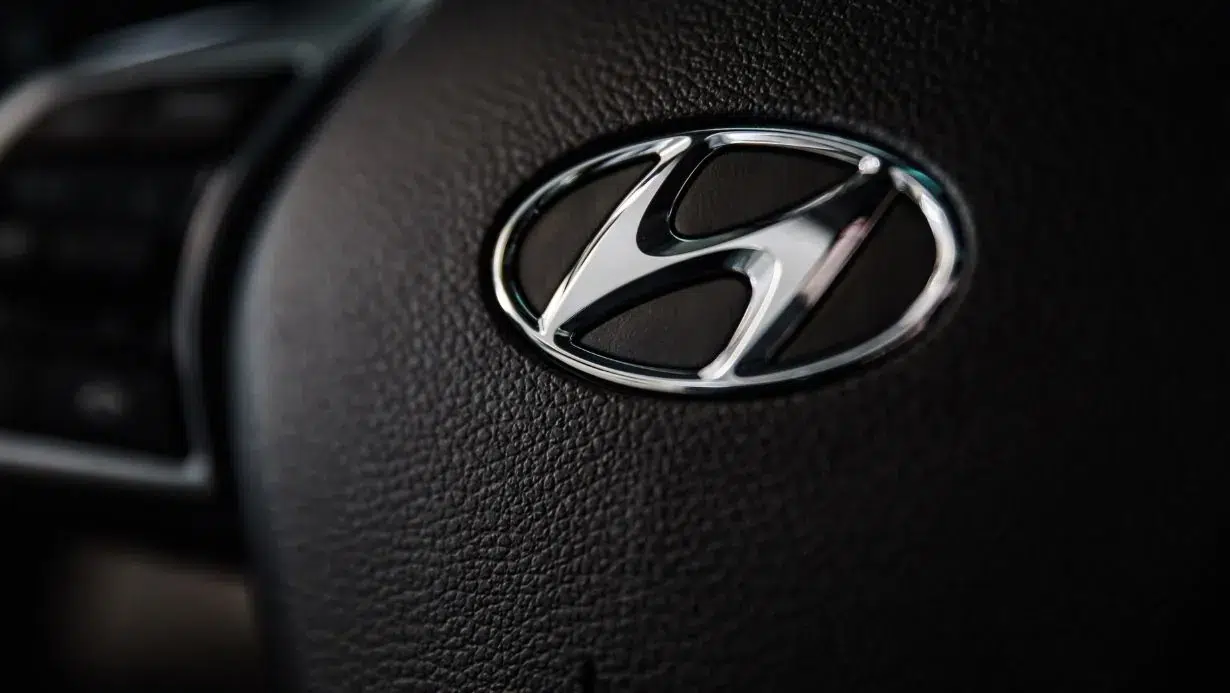Hyundai Motor Co. has plans to invite a range of analysts to its manufacturing facility located in Chennai in next few weeks. As per experts, Hyundai IPO will be biggest IPO in India. Hyundai Motor India, which is being categorised as country’s second-largest carmaker, is expected to file a draft red herring prospectus for $3-3.5-billion IPO around June.
The company targets to complete its share market listing ahead of Diwali.
Market share and other details
South Korean automaker Hyundai Motor Company has a ~15% market share. This IPO might value its local operation at up to $30 billion. Ramping up of listing plans in world’s 3rd largest auto market, the company has made appointments of investment bankers so that they can advise this IPO. Investment bankers, JPMorgan and Citi, have been appointed.
Fundraising which is being done by Hyundai is expected to put valuation of its Indian operation at more than half of its market cap of ~$47 billion in Seoul.
Hyundai IPO’s impact on Maruti Suzuki
While Hyundai IPO will be biggest IPO in India, experts still try to figure out the impact of Hyundai’s IPO on its rival Maruti Suzuki.
Hyundai India sold ~6.02 lakh vehicles in 2023, which was the highest-ever annual domestic sales in India. This exhibits a growth of 9% as compared to previous year. Its export saw an increase of ~10% to 1.63 lakh units in comparison to 1.48 lakh units a year ago.
Meanwhile, over previous ~12-18 months, the country’s largest passenger car manufacturer Maruti Suzuki saw ~40 basis points market-share gains YoY in FY24 YTD. These gains were supported by strong response to SUV launches (mainly the all new Brezza, Grand Vitara and Fronx). Hyundai Motors India is 2nd largest passenger vehicle OEM having ~14.9% FY24YTD market share. This exhibits a $22- 28 billion valuation.
Emkay Global Financial Services, a leading brokerage house, believes that Maruti Suzuki India might trade at around similar valuations as Hyundai, with Suzuki’s significant India dependence together with Toyota’s support/alliance. This is being offset by Hyundai’s healthy and strong global name and premium positioning.
However, potential small-car recovery along with E-SUV launch by Maruti Suzuki in October 2024 have been considered as added upside risks.
Maruti Suzuki’s performance
Analysts believe that Maruti Suzuki’s strong profitability seems to to be behind. This is because the company touched peak margin performance in 2Q24 at ~13%. This was supported by factors like volume growth, new launches (mainly SUV mix), favourable movement in commodities and forex trends, together with low discounts.
The 3Q saw a significant decline in margin (at ~11.7%). The underlying trends continue to weaken for Maruti Suzuki. These include slowing retails with rising inventory, a significant run-down in its order book along with higher discounts.
Taking cues from the company’s recent analyst call, it expects a marginal ~3% industry growth expectations for FY25E. The company sees no significant entry-level revival as of now. Global brokerage firm, Macquarie, mentioned that the company continues to lose its market share in ₹4 lakh-7 lakh base model price segment. This segment consists of hatchbacks and micro-SUVs.
Hyundai IPO: A look at numbers
As experts say, only will decide whether Hyundai IPO will be biggest IPO in India or not. As per sources, Hyundai has plans to sell ~15%-20% stake to raise funds.
Talking about premium Indian automakers, only Maruti Suzuki and Tata Motors have the higher market valuations, considering the current BSE data. Hyundai Motor Co. is a publicly listed company in South Korea with a market cap of ~$39 billion.
Analysts which follow Hyundai Motor India (HMIL) exhibit that listing Indian subsidiary remains in par with South Korea’s strategy. This strategy focuses on increasing stock valuations and mitigate financial market’s ‘Korea discount’.
South Korean car manufacturers continue to trade at lower P/E ratios of 4.0x-4.4x in comparison to Japanese counterparts at 7.1x and American counterparts at 5.0x.
Indian subsidiaries such as Hyundai Motor India (HMIL) might command increased P/E ratios in comparison to their parent companies. Maruti Suzuki trades at more or less 23x FY25E earnings, while Suzuki Motor Corp hovers at ~8x.
At the $28 billion valuation, HMIL is expected to be valued at ~48x FY23 earnings, while at $22 billion, the valuation is expected to be ~38.4x.
Hyundai’s premiumisation strategy continues to post better returns. The average realisation of Hyundai cars for the previous year came at INR 8.29 lakh per unit in comparison to Maruti’s ~INR 5.8 lakh per unit. EBITDA per vehicle for Hyundai India came in at INR 1.15 lakh while that of Maruti was ~INR 56,000 in FY23.
Read Also: Air cabs from Delhi to Gurugram will start soon, Check price
